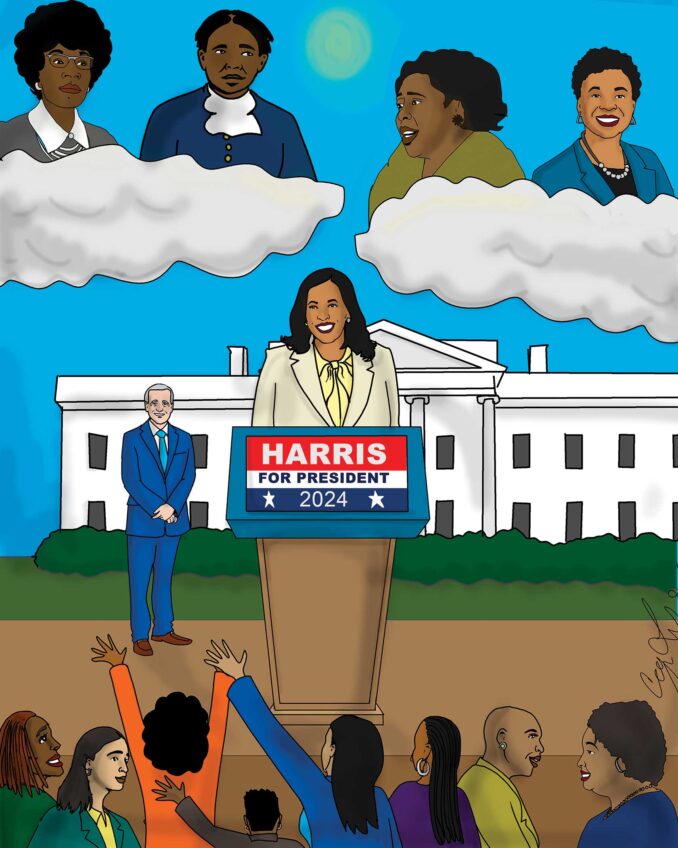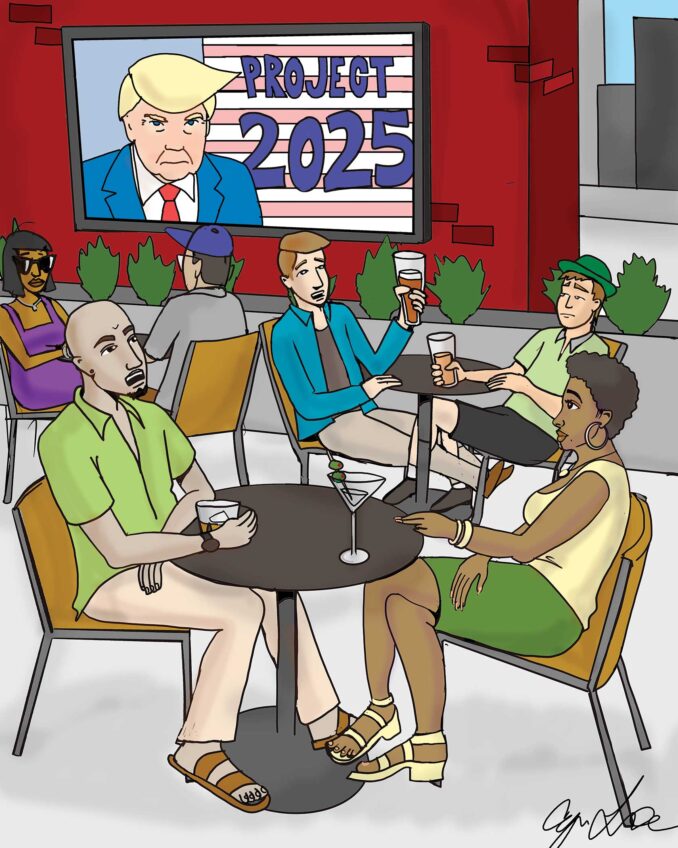Supreme Court Justice Clarence Thomas embarrasses and disgraces himself and the law so often on the high court that it has become ritual. Whether it’s the death penalty, voting rights, any discrimination case, blatantly racially based jury cases, or unbridled defense of any and all corporate abuses, Thomas will be the one judge that you can mail in his far-out, hardline right-wing, wildly partisan vote. His nonsensical Trump-lauding dissent in the Pennsylvania vote fraud case is just the latest in the long train of Thomas legal foolishness.
So just what to make of Thomas, three decades after he got put through the ringer in his 1991 confirmation hearings? Why does he persist in doing what he does on the bench?
Since that fateful day in 1991 when a deeply divided and even more deeply reluctant Senate confirmed him to the high court, Thomas vowed payback against those who ridiculed, reviled and hounded him during the confirmation fight and have lambasted him since then. He’s been on an unholy crusade to wreak revenge for that humiliation. When the issue especially is anything that even faintly smacks of race, be it voting rights, housing or job discrimination — and his favorite, crime and punishment, especially the death penalty — and the aggrieved is an African American, Thomas never disappoints. He will vote to burn him.
Thomas’s mostly granite-statute silence during open legal arguments, his ridiculous dissenting votes and his just-as-ridiculous lone wolf votes on race-based court cases make no sense to most legal experts. But they’ve never been solely about the merits of a case or fairness and impartiality under the law. His decisions make sense because they have less to do with his warped interpretation of law and its practice than with his publicly expressed racial views, and his private vow to get revenge.
When asked some years ago, when he was 43, how long he’d stay on the court, he reportedly said that he’d stay there for the next 43 years of his life. In a more revealing aside, he supposedly quipped to friends that it would take him that long to get even. Whether that was hyperbole or an apocryphal tale, it hasn’t taken him 43 years to wreak his revenge.
Thomas has been a one-man, self-appointed wrecking crew on race in law and public policy decisions. But this is not simply one man’s personal bitterness over his alleged mistreatment by liberals and civil rights leaders. Nor is it a case of his digging in his heels to push his retrograde view on racial matters. He wants more judges to think and act like him on the bench. And all the better if those strict racial constructionist judges happen to be minorities.
In his 2007 autobiography, “My Grandfather’s Son,” the bitter grudge that he holds against those who tried to dump his confirmation was on naked and brutal display. He showed no sign of budging a step from the never-ending public and private war he’s waged against civil rights leaders and liberal Democrats. He branded them the “liberal mob” and griped that they had one goal: to “keep the black man in his place.” The black man, of course, is Thomas.
The other theme that courses through Thomas’s need for payback is his obsessive view of himself as the perennial martyr. In an American Enterprise Institute lecture in 2001, he wrapped himself in the martyr’s garment and said that he expected to be treated badly for challenging liberal opinion. A decade later, in a talk to the ultra-conservative Federalist Society, he vented that persecution complex again when he said that unnamed critics “seem bent on undermining” the Supreme Court. He meant one justice on the court, himself.
Thomas’s mean-spirited and vindictive views and legal opinions on the death penalty, age and gender bias, First Amendment, prisoner rights and affirmative action cases were well known by the time he hit the court in 1991. It could hardly be said even then that he latched on to judicial conservatism solely to curry favor with white conservatives to snatch a seat on the high court. He proved this again when he bought into Trump’s vote-fraud-lie in the Pennsylvania case. He actually believes what he says and writes in his nutty dissents, even when others ridicule him deservedly for them. But then again, it’s just Thomas getting even.
Earl Ofari Hutchinson is an author and political analyst.






